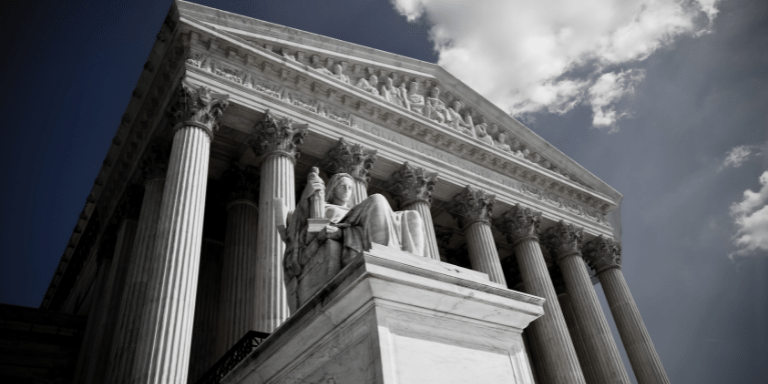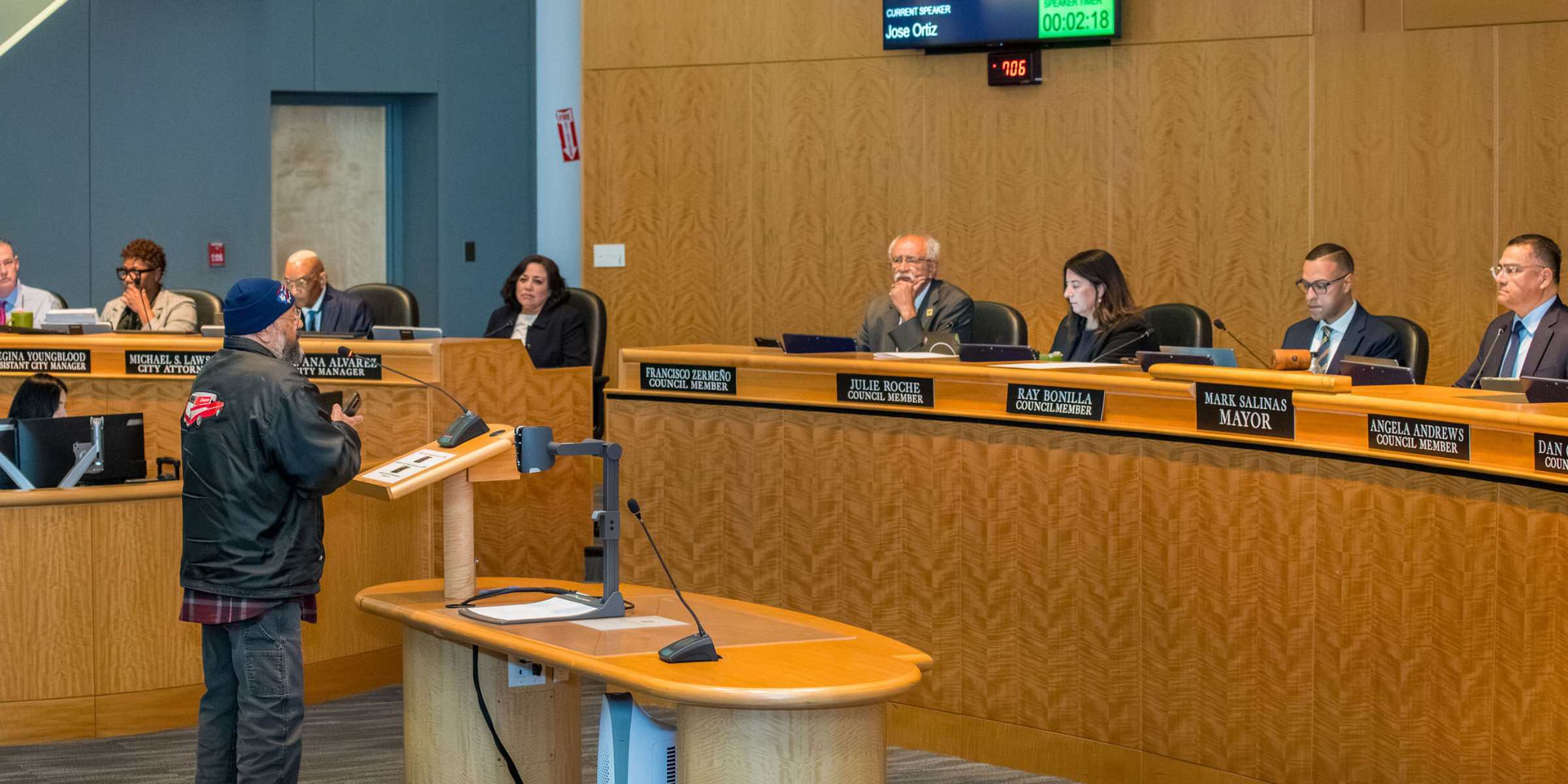Supreme Court ruling limits EPA authority on climate action

On June 30, the U.S. Supreme Court ruled that the Environmental Protection Agency (EPA), under existing legislation, does not have authority to require that power plants shift to cleaner, more renewable sources of energy.
Through the 1970 Clean Air Act, the EPA has for decades been empowered to determine the best way for industries to reduce their emissions. With this authority, the EPA adopted the Clean Power Plan (CPP) in 2015 under the Clean Air Act, which required that states shift all power plants from high-emitting coal- and natural gas-generated energy to cleaner, more renewable sources like solar and wind. However, during the West Virginia v. EPA hearing in June 2022, the Supreme Court ruled that imposing these “generation shifting” regulations across the entire power plant industry exceeded the intended authority granted to the EPA through the Clean Air Act.
Limiting the EPA’s authority over power plants’ energy sources poses serious barriers to Biden’s goal of halving U.S. carbon emissions by 2030 and creating a carbon-free electric grid by 2035, which will require that the entire power plant industry further reduce its reliance on coal and natural gas.
Luckily, this ruling does not directly impact states and cities’ legal authority to adopt climate policy. In fact, it puts cities like Hayward, which is in the process of updating its Climate Action Plan, in a particularly strong position to push for ambitious climate policies. Amy Turner, a senior fellow at the Sabin Center for Climate Change Law, has emphasized the role of cities during this time, saying, “It’s been more than a decade that cities, and to some extent states, [have] had to be the ones to lead the way on climate.”
To learn more and get involved in the City of Hayward’s Climate Action Plan Update, visit https://haywardhousingandclimateupdate.com/climate-action-plan/.








